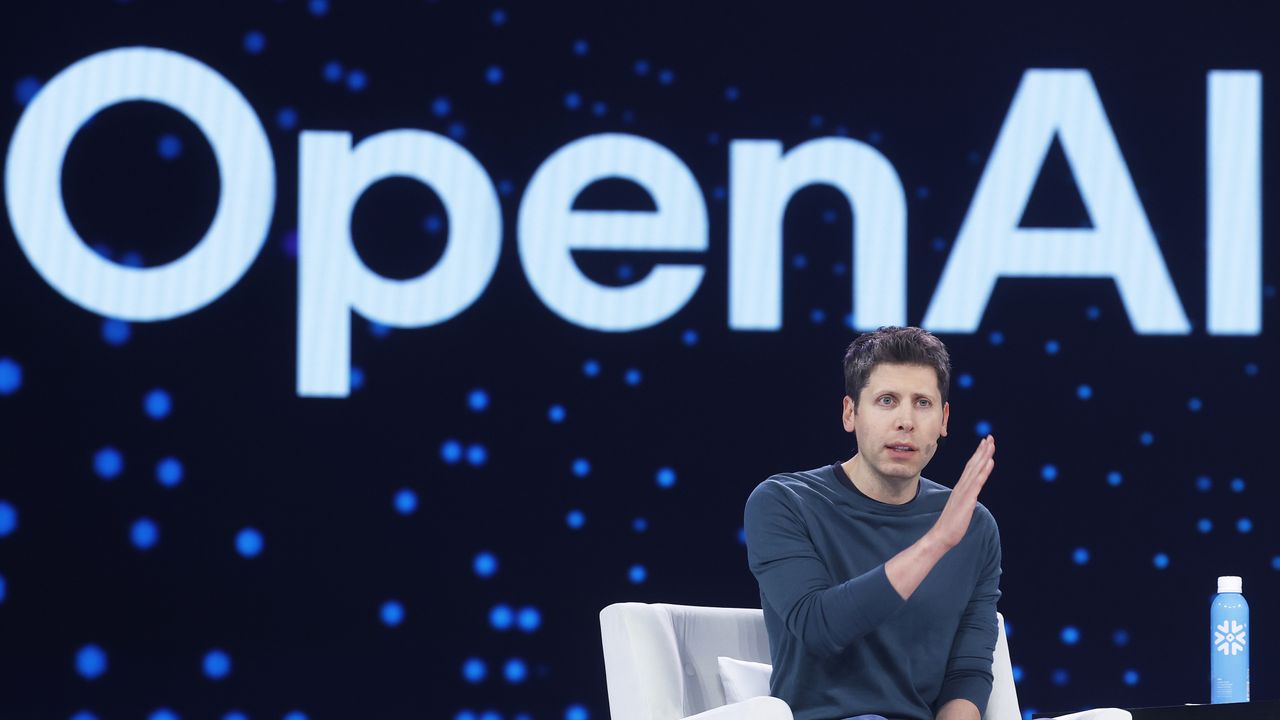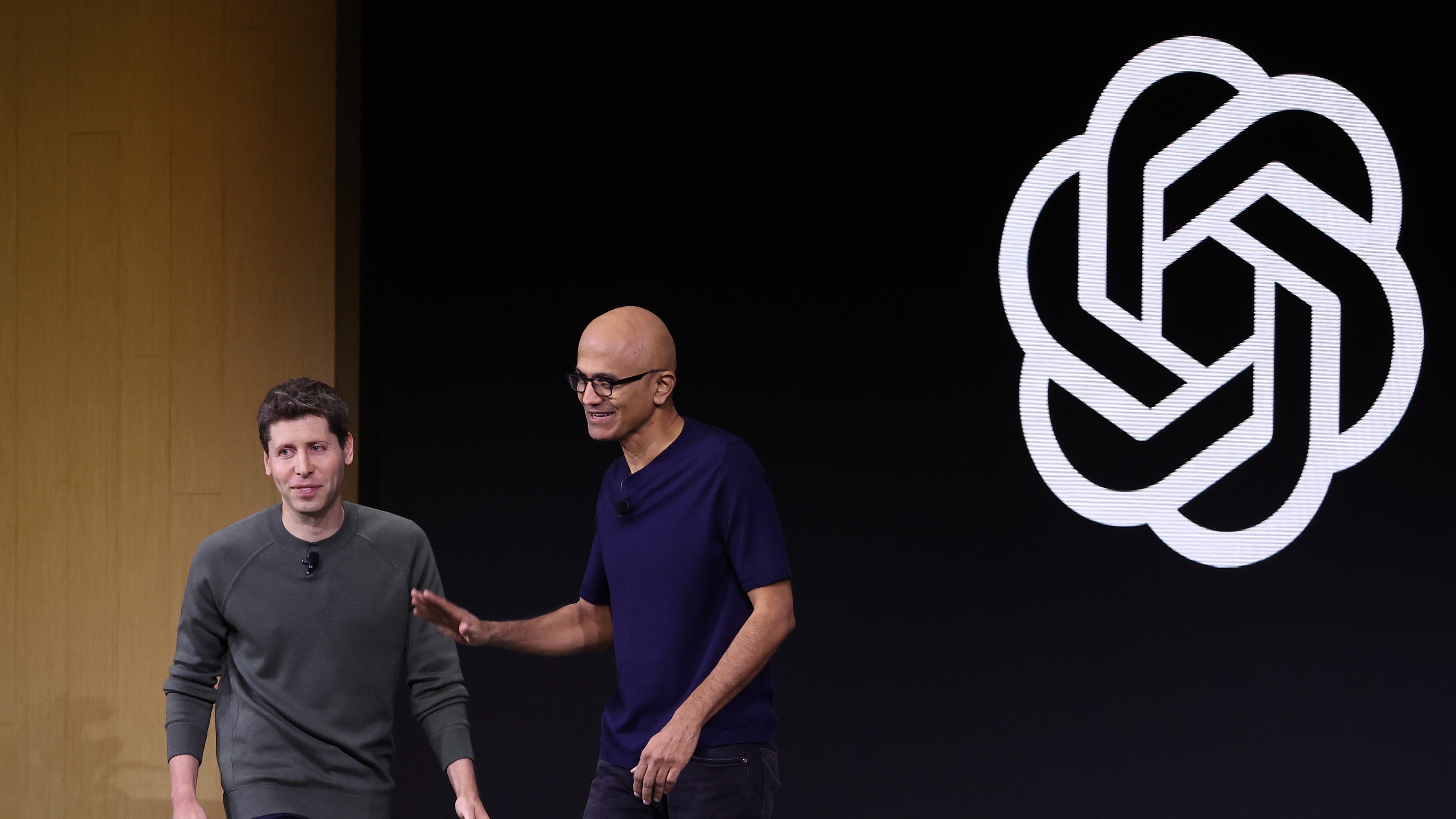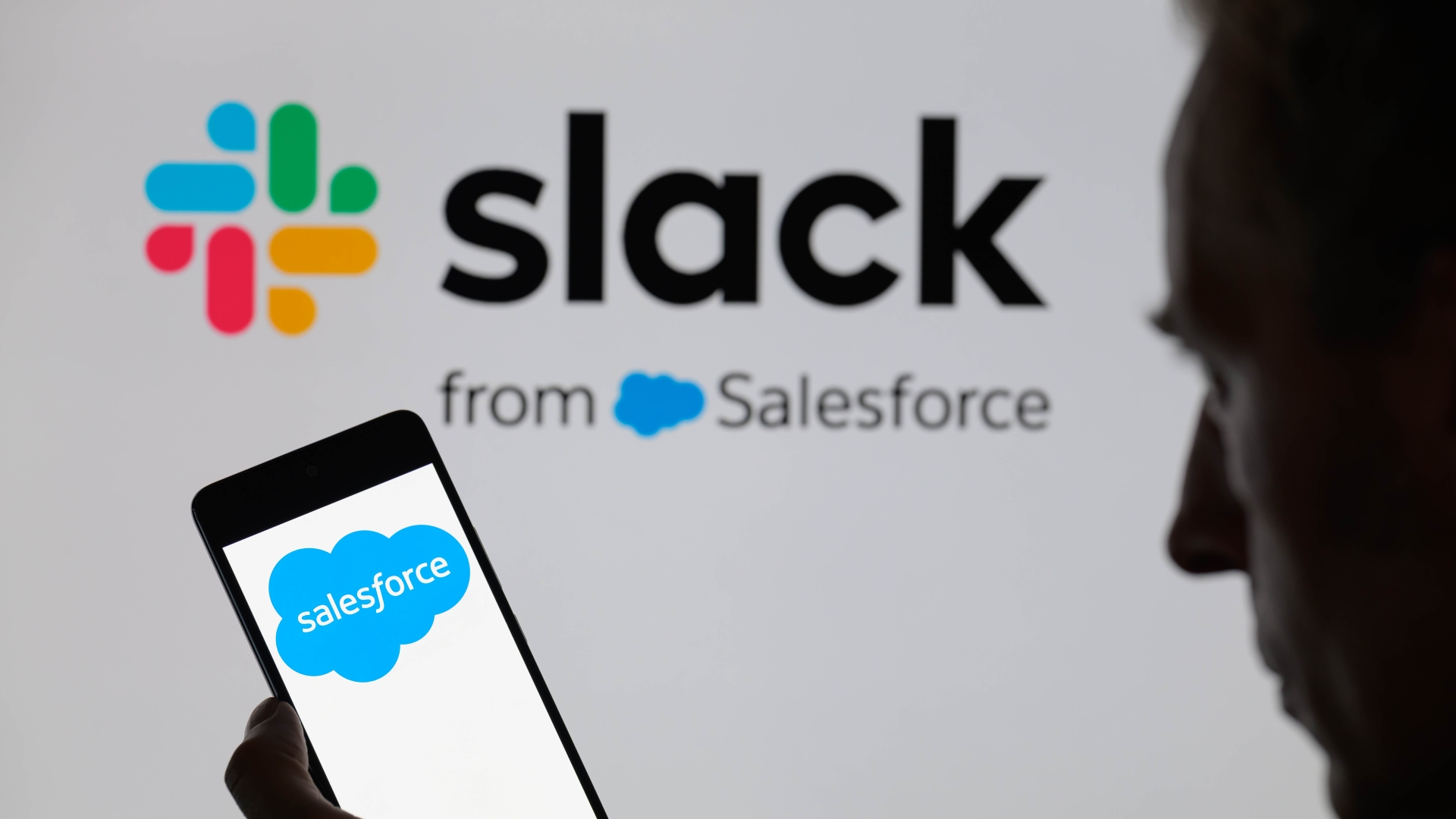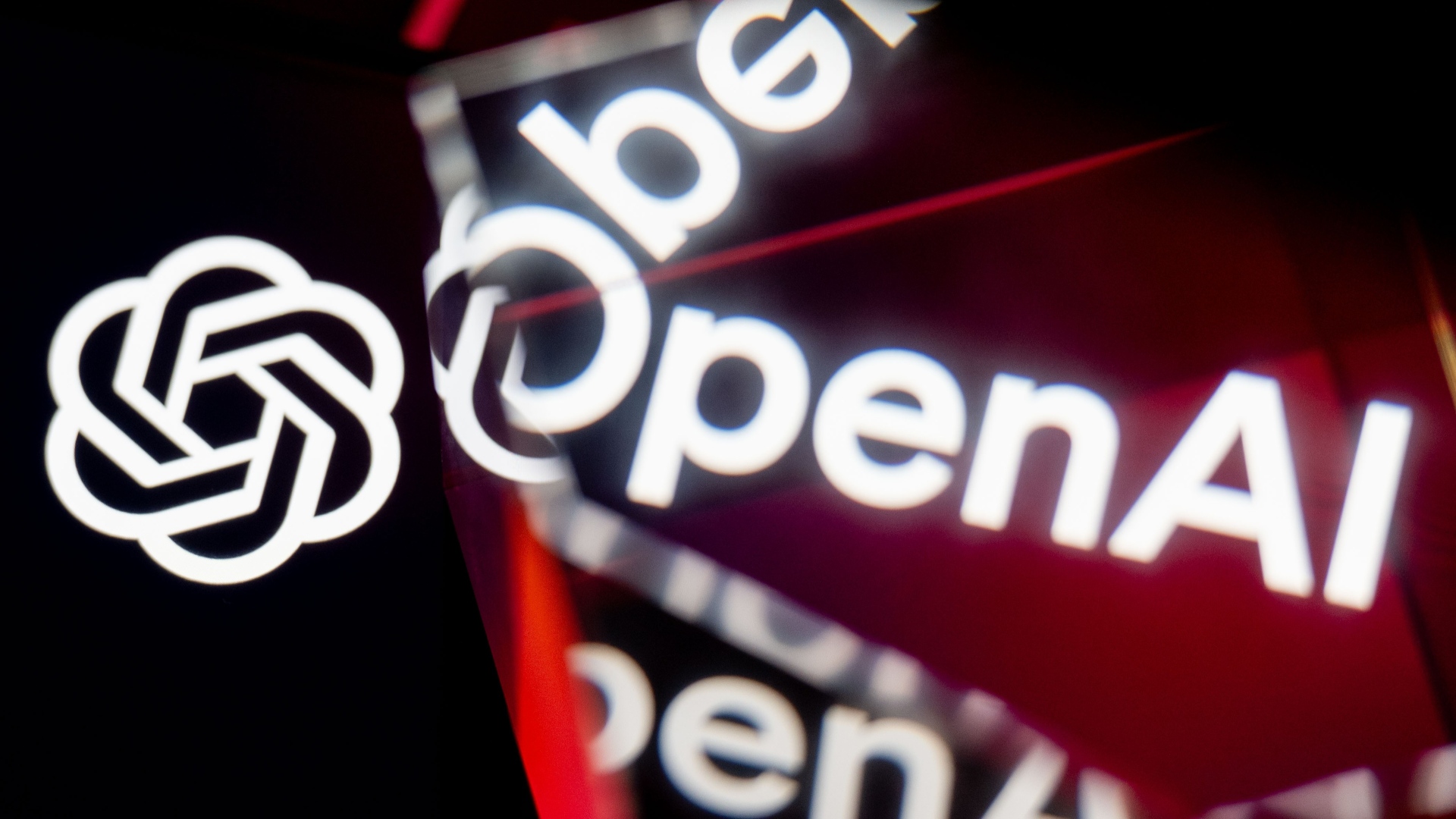
For several months now, OpenAI has faced increased scrutiny, particularly following its disagreements with Microsoft (its primary backer) regarding its plans for a profitable future. The company behind ChatGPT is operating under strict deadlines and significant financial pressure from investors who expect the transition or risk facing substantial funding losses, which might lead to hostile takeovers and unwanted external influence.
Meanwhile, the AI company is waiting for Microsoft’s approval for their development plans, but Microsoft appears to be deliberating at a leisurely pace to secure a beneficial agreement that safeguards its own interests.
If Microsoft chooses to step back from intense negotiations and continue the multibillion-dollar partnership till 2030, it seems OpenAI might be preparing to sue the tech company for allegedly unfair business practices in the industry.
However, it’s worth noting that there are concerns about the possibility of OpenAI independently announcing the achievement of Artificial General Intelligence (AGI) and potentially terminating its relationship with Microsoft. This move might lead to a prolonged, contentious legal dispute.
During this time, OpenAI has seen several of its employees move to competing companies such as Meta, which is said to be providing substantial signing bonuses and remuneration packages. More recently, OpenAI has instructed its team members to take a week-long break while they adjust salaries and search for innovative methods to recognize and reward their top performers.
Despite limited information on OpenAI’s next steps following recent disruptions, a former engineer who worked on their groundbreaking projects, Calvin French-Owen, has recently provided an engaging insight into his experience at the $300 billion AI company since his resignation. He joined the ChatGPT creator in May 2024 and parted ways just three weeks ago.
Spoiler: No trade secrets were revealed

French-Owen explains that his choice to leave OpenAI wasn’t driven by any drama, but instead, it stemmed from the significant shift he faced – going from founding his own company to working in an AI organization with over 3,000 employees. He admits that he yearned for a new beginning.
The engineer shared that the company has experienced significant growth over the past year, expanding from 1,000 employees when he joined to 3,000 employees just a year later. It’s worth noting that French-Owen mentioned that most of the top management team members are now performing roles quite different from what they did two to three years ago.
When growth occurs rapidly, numerous aspects of a company can encounter challenges: determining communication strategies, establishing reporting structures, releasing products efficiently, managing and organizing employees, hiring new staff, and so forth. It’s essential to remember that each team has its unique culture, with some teams working non-stop, others tending to larger projects, and still others maintaining a more consistent pace. Each OpenAI experience, research, application development, and go-to-market (GTM) phases operate on varying timelines.
Former OpenAI engineer, Calvin French-Owen
Emails are a phenomena to OpenAI, everything runs on Slack

It’s worth noting that, contrary to many other companies, OpenAI primarily leverages Slack for communication instead of relying heavily on emails like usual. According to an engineer, he has only received approximately 10 emails since he joined the company.
One unique aspect of OpenAI is that all operations, from the smallest to the largest, are managed through Slack. There isn’t any email usage. I probably only received around 10 emails during my entire tenure there. If you lack organizational skills, this setup can be quite distracting. However, if you effectively manage your channels and notifications, it can become a fairly efficient system.
The engineer explained that when he started working at OpenAI, he found out that the company doesn’t seem to follow a predefined plan for its operations. Instead, he said, “Ideas can emerge from various sources, and it’s not always easy to predict which ideas will yield the best results.” He continued by saying that instead of a detailed long-term strategy, progress is made through continuous iteration as new research leads to discoveries.
OpenAI appears to be meticulous in its focus, favoring employees who not only generate brilliant ideas but also excel in their execution. Unlike some competing firms where presenting at all-hands and political strategizing seem significant, OpenAI seems less preoccupied with such matters.
OpenAI changes direction on a dime and is a very secretive place

The OpenAI developer appears to adapt its strategies frequently, suggesting a preference for adjusting actions based on fresh data over rigidly adhering to an initial plan.
Additionally, he mentioned that the firm was facing intense examination, with the press often revealing information not yet known within the organization. This posed a challenge for him to share specifics about his projects during his tenure at the company.
It’s worth noting that certain OpenAI Slack workspaces had restrictions for users to view sensitive company information, whereas those containing financial data like revenue and expenditure were kept particularly confidential.
French-Owen disclosed that the company closely monitors what used to be known as Twitter, and asserted that if you share something on this platform and it becomes popular, it’s likely your message will find its way back to the company. In fact, someone humorously suggested that OpenAI operates based on the energy of Twitter trends.
The engineer shares insights about the process of creating and deploying Codex, OpenAI’s AI coding tool, within an impressive timeframe of only 7 weeks. Yet, he acknowledges that the project’s success was largely due to a skilled team consisting of 8 engineers, 4 researchers, 2 designers, 2 Go-To-Market professionals, and a Project Manager.
French-Owen emphasized that prioritizing safety is fundamental for OpenAI, and also highlighted the presence of a significant team whose main objective is to create robust safety mechanisms.
Read More
- Best Controller Settings for ARC Raiders
- DCU Nightwing Contender Addresses Casting Rumors & Reveals His Other Dream DC Role [Exclusive]
- Stephen Colbert Jokes This Could Be Next Job After Late Show Canceled
- Ashes of Creation Rogue Guide for Beginners
- 7 Home Alone Moments That Still Make No Sense (And #2 Is a Plot Hole)
- 10 X-Men Batman Could Beat (Ranked By How Hard It’d Be)
- Is XRP ETF the New Stock Market Rockstar? Find Out Why Everyone’s Obsessed!
- Lords of the Fallen version 2.5 update now available
- XRP’s Cosmic Dance: $2.46 and Counting 🌌📉
- Kate Middleton, Prince William Coordinate During Red Carpet Date Night
2025-07-17 00:39